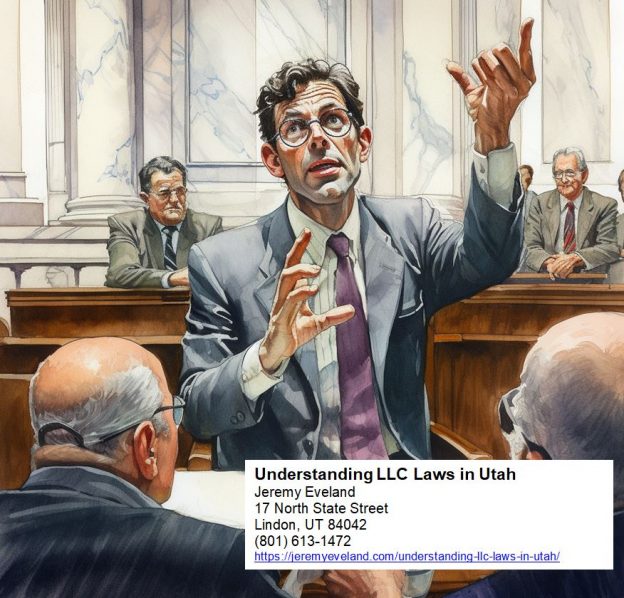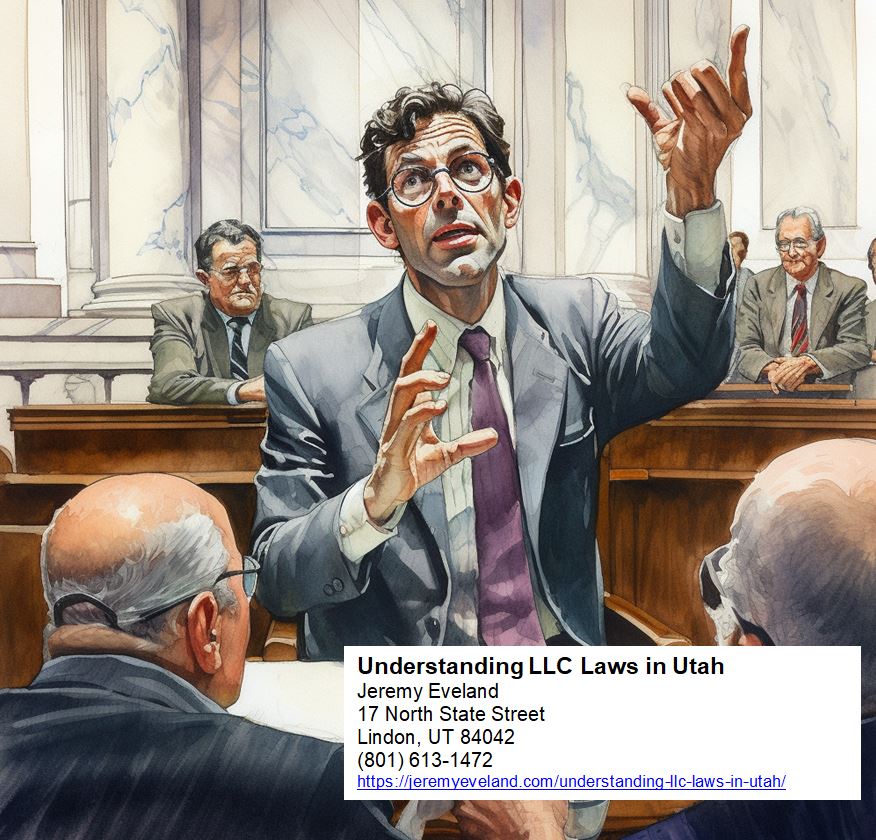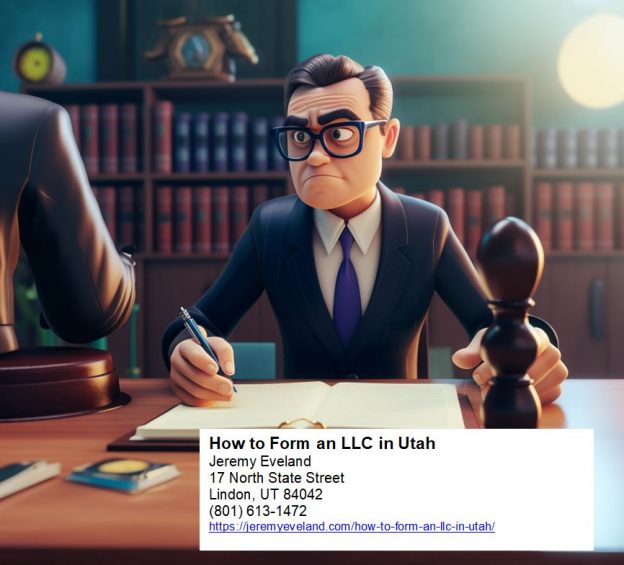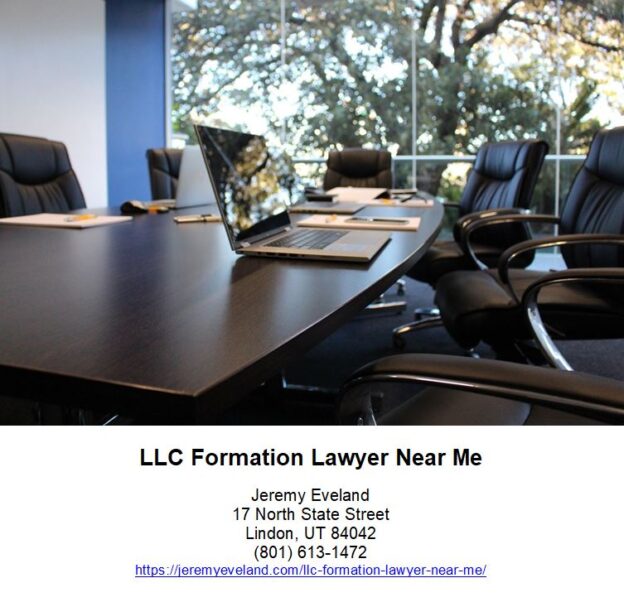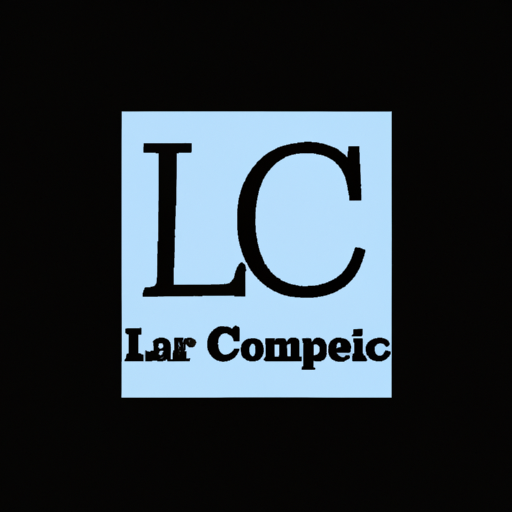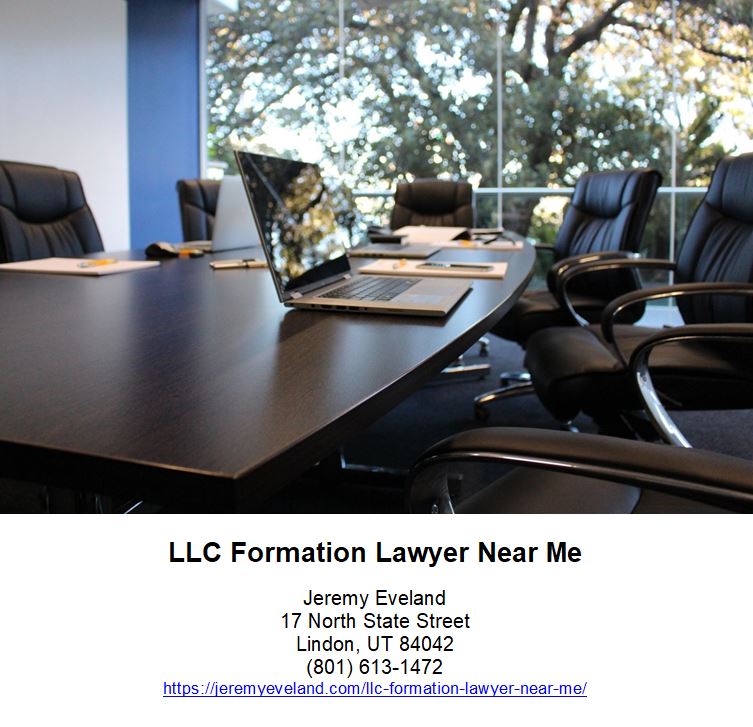Business Lawyer Cedar Hills Utah
Did you know that 50% of small businesses face legal challenges within their first five years? If you're a business owner in Cedar Hills, Utah, it's crucial to have a trusted advocate by your side. Hiring a business lawyer can provide the legal expertise and guidance you need to navigate the complex world of business regulations, contracts, and intellectual property protection. In this article, we will explore the key reasons why having a business lawyer in Cedar Hills is essential for your success.
Key Takeaways
- 50% of small businesses face legal challenges within their first five years, highlighting the importance of hiring a business lawyer in Cedar Hills, Utah.
- Business lawyers provide legal expertise and guidance in areas such as contract law, intellectual property rights, employment law, and taxation.
- They help businesses navigate complex legal regulations specific to Cedar Hills and ensure compliance with local and federal laws.
- Business lawyers assist with contract drafting and review, ensuring clear and concise agreements, minimizing the risk of disputes, and negotiating favorable terms.
The Importance of Hiring a Business Lawyer in Cedar Hills, Utah
Hiring a business lawyer in Cedar Hills, Utah is essential for protecting your company's legal interests. The importance of hiring a business lawyer cannot be overstated, as they play a crucial role in ensuring that your business operates within the boundaries of the law. A qualified business lawyer will have extensive knowledge and experience in various areas of law that are relevant to businesses, such as contract law, intellectual property rights, employment law, and taxation.
One of the primary reasons for hiring a business lawyer in Cedar Hills is to ensure compliance with local and federal laws. Laws can vary from state to state, so having a lawyer who is well-versed in Utah's specific regulations can help you navigate any legal hurdles that may arise. Additionally, a business lawyer can provide guidance on creating contracts and agreements that protect your company's interests and minimize potential risks.
Another key aspect where a business lawyer can prove invaluable is during disputes or litigation. Should your company find itself facing legal action or needing to take legal action against another party, having an experienced attorney by your side can greatly increase your chances of a favorable outcome.
Key Legal Considerations for Businesses in Cedar Hills, Utah
When starting a new venture in Cedar Hills, Utah, you should be aware of the important legal factors that need to be considered. Hiring a business lawyer in Cedar Hills, Utah is crucial to ensure that your business complies with all the necessary laws and regulations. One of the key legal considerations for businesses in this area is obtaining the required licenses and permits. Your business lawyer can guide you through the process and help you obtain the necessary documentation.
Another important aspect to consider is drafting and reviewing contracts. Whether it's an agreement with suppliers, clients, or employees, having legally-binding contracts in place is essential to protect your interests. A business lawyer can assist you in creating these contracts and ensuring that they are fair and enforceable.
Intellectual property protection is also a vital consideration for businesses in Cedar Hills, Utah. Your lawyer can help you register trademarks or patents for your products or services, safeguarding them from infringement by others.
Lastly, it's important to understand employment laws when hiring employees for your business. From wage and hour regulations to non-discrimination policies, complying with these laws is crucial to avoid legal disputes. A knowledgeable business lawyer can provide guidance on how to navigate these complex employment laws.
How a Business Lawyer Can Help With Contract Drafting and Review in Cedar Hills, Utah
To ensure that your contracts are legally binding and protect your interests, it's essential to consult with an experienced professional in contract drafting and review. A business lawyer in Cedar Hills, Utah can provide you with the expertise you need to navigate the complexities of contract law.
When it comes to contract drafting, a business lawyer can help you craft clear and concise agreements that accurately reflect the terms and conditions of your business transactions. They will ensure that all necessary clauses are included, such as termination rights, dispute resolution mechanisms, and confidentiality provisions. By having a well-drafted contract in place, you can minimize the risk of misunderstandings or disputes down the line.
In addition to drafting contracts, a business lawyer can also assist you with contract review. They will carefully examine any agreements presented to you by other parties to identify potential pitfalls or unfavorable terms. With their legal knowledge and attention to detail, they can help negotiate more favorable terms on your behalf or advise against entering into an agreement that may be detrimental to your interests.
Protecting Your Intellectual Property: a Guide for Cedar Hills, Utah Businesses
As a business owner in Cedar Hills, you should be aware of the importance of protecting your intellectual property. Your intellectual property is one of your most valuable assets and safeguarding it is crucial for the success and longevity of your business.
Here's a guide to help you understand how to protect your intellectual property:
-
Register your trademarks: By registering your trademarks with the United States Patent and Trademark Office, you can establish legal rights to exclusive use of your brand name, logo, or slogan. This prevents others from using similar marks that may confuse consumers.
-
File for patents: If you have invented something unique or developed a new process, obtaining a patent grants you exclusive rights to that invention for a set period. A business lawyer in Cedar Hills, Utah can assist you with navigating the complex patent application process.
-
Use non-disclosure agreements (NDAs): When sharing sensitive information with employees, contractors, or partners, having them sign NDAs ensures they cannot disclose or misuse confidential information. This protects trade secrets and proprietary knowledge critical to your business's competitive advantage.
Navigating Business Regulations and Compliance in Cedar Hills, Utah
Navigating business regulations and compliance in Cedar Hills, Utah can be overwhelming without the guidance of a knowledgeable attorney. As a business owner, it is essential to understand the various rules and regulations that govern your industry to ensure compliance and avoid any legal issues. Hiring a business lawyer in Cedar Hills, Utah can provide you with the expertise necessary to navigate these complexities effectively.
A business lawyer in Cedar Hills, Utah will have extensive knowledge of the local laws and regulations that apply to your specific industry. They can help you understand and comply with zoning requirements, licensing obligations, tax laws, employment regulations, and more. By working closely with an attorney who specializes in business law in Cedar Hills, Utah, you can ensure that your operations are fully compliant with all relevant regulations.
In addition to helping you navigate the intricacies of compliance, a business lawyer can also assist you with contract drafting and review. They can help protect your interests by ensuring that all agreements are legally sound and enforceable.
Navigating business regulations and compliance on your own in Cedar Hills, Utah may lead to costly mistakes or missed opportunities. By enlisting the help of a knowledgeable attorney who understands the unique challenges faced by businesses in this area, you can ensure that your company remains compliant while focusing on growth and success.
Resolving Business Disputes: Mediation and Litigation Options in Cedar Hills, Utah
When faced with business disputes in Cedar Hills, Utah, you have options such as mediation and litigation to help resolve the issues efficiently. Having a knowledgeable business lawyer on your side can make all the difference in navigating these processes and ensuring a favorable outcome for your business.
Here are three key reasons why considering mediation or litigation is essential when resolving business disputes:
-
Mediation: Mediation offers a collaborative approach where a neutral third party helps facilitate negotiations between parties. It allows for open communication and creative solutions that both parties can agree upon. This option often saves time and money compared to going to court.
-
Litigation: In some cases, litigation may be necessary to protect your rights and interests. Through the court system, you can seek legal remedies such as monetary damages or specific performance of contractual obligations. Litigation provides a formal process that ensures legal procedures are followed.
-
Expert Guidance: Engaging a skilled business lawyer who specializes in resolving business disputes will provide you with expert guidance throughout the entire process. They will analyze your situation, assess the strengths and weaknesses of your case, and develop effective strategies tailored to your specific needs.
The Role of a Business Lawyer in Cedar Hills, Utah: From Formation to Dissolution
From formation to dissolution, you'll find that a skilled attorney can provide invaluable guidance throughout the entire lifecycle of your business in Cedar Hills, Utah. A business lawyer in Cedar Hills, Utah plays a crucial role in ensuring that your company is set up properly and operates within the confines of the law.
When it comes to formation, a business lawyer will assist you in choosing the right legal structure for your enterprise. Whether it's a sole proprietorship, partnership, or corporation, they will ensure that you understand the advantages and disadvantages of each option. They will also help you with drafting contracts and agreements necessary for smooth operations.
As your business grows and evolves, a business lawyer remains by your side, navigating legal complexities. They provide advice on compliance with state and federal regulations and help protect your intellectual property rights. In case disputes arise with employees or other parties, they are instrumental in resolving conflicts through negotiation or litigation if required.
Finally, when it's time to dissolve your business, a skilled attorney can guide you through this process as well. They ensure that all obligations are fulfilled and assist in settling debts and dividing assets appropriately.
Frequently Asked Questions
How Much Does It Cost to Hire a Business Lawyer in Cedar Hills, Utah?
Hiring a business lawyer in Cedar Hills, Utah can vary in cost depending on the complexity of your case. It's important to consult with different lawyers to get an estimate and determine what services are needed.
What Are the Common Legal Challenges Faced by Businesses in Cedar Hills, Utah?
Running a business in Cedar Hills, Utah can be a legal rollercoaster. From contracts gone wild to trademark troubles, you'll face challenges that will make your head spin. But fear not, a good business lawyer has got your back!
What Are the Essential Elements to Include in a Business Contract in Cedar Hills, Utah?
When creating a business contract in Cedar Hills, Utah, make sure to include essential elements such as clear terms and conditions, payment details, termination clauses, and dispute resolution methods.
How Can a Business Lawyer Help Protect My Company's Intellectual Property in Cedar Hills, Utah?
Imagine your company's intellectual property is a precious gem. A business lawyer in Cedar Hills, Utah can be the fortress that safeguards it from theft or misuse, offering legal expertise to protect your valuable assets.
What Are the Specific Business Regulations and Compliance Requirements for Cedar Hills, Utah?
To understand the specific business regulations and compliance requirements in Cedar Hills, Utah, you should research local laws and consult with experts in the field. They can provide guidance tailored to your company's needs.
Areas We Serve
We serve individuals and businesses in the following locations:
Salt Lake City Utah
West Valley City Utah
Provo Utah
West Jordan Utah
Orem Utah
Sandy Utah
Ogden Utah
St. George Utah
Layton Utah
South Jordan Utah
Lehi Utah
Millcreek Utah
Taylorsville Utah
Logan Utah
Murray Utah
Draper Utah
Bountiful Utah
Riverton Utah
Herriman Utah
Spanish Fork Utah
Roy Utah
Pleasant Grove Utah
Kearns Utah
Tooele Utah
Cottonwood Heights Utah
Midvale Utah
Springville Utah
Eagle Mountain Utah
Cedar City Utah
Kaysville Utah
Clearfield Utah
Holladay Utah
American Fork Utah
Syracuse Utah
Saratoga Springs Utah
Magna Utah
Washington Utah
South Salt Lake Utah
Farmington Utah
Clinton Utah
North Salt Lake Utah
Payson Utah
North Ogden Utah
Brigham City Utah
Highland Utah
Centerville Utah
Hurricane Utah
South Ogden Utah
Heber Utah
West Haven Utah
Bluffdale Utah
Santaquin Utah
Smithfield Utah
Woods Cross Utah
Grantsville Utah
Lindon Utah
North Logan Utah
West Point Utah
Vernal Utah
Alpine Utah
Cedar Hills Utah
Pleasant View Utah
Mapleton Utah
Stansbury Par Utah
Washington Terrace Utah
Riverdale Utah
Hooper Utah
Tremonton Utah
Ivins Utah
Park City Utah
Price Utah
Hyrum Utah
Summit Park Utah
Salem Utah
Richfield Utah
Santa Clara Utah
Providence Utah
South Weber Utah
Vineyard Utah
Ephraim Utah
Roosevelt Utah
Farr West Utah
Plain City Utah
Nibley Utah
Enoch Utah
Harrisville Utah
Snyderville Utah
Fruit Heights Utah
Nephi Utah
White City Utah
West Bountiful Utah
Sunset Utah
Moab Utah
Midway Utah
Perry Utah
Kanab Utah
Hyde Park Utah
Silver Summit Utah
La Verkin Utah
Morgan Utah
Cedar Hills UT Business Lawyer Consultation
When you need help from an attorney for business in Cedar Hills, call Jeremy D. Eveland, MBA, JD (801) 613-1472 for a consultation.
Jeremy Eveland
17 North State Street
Lindon UT 84042
(801) 613-1472
Related Posts
Shareholder Agreements in Utah
Business Lawyer Hurricane Utah
Business Lawyer South Ogden Utah
Last Will and Testament Lawyer
Business Lawyer Heber City Utah
Business Lawyer Hurricane Utah
Business Lawyer West Haven Utah
Do I Need A License To Start A Business?
Business Lawyer Bluffdale Utah
Business Lawyer Santaquin Utah
Legal Implications of Cryptocurrency in Business Transactions
Business Lawyer Smithfield Utah
Structuring A Flow Through Entity
Business Lawyer Woods Cross Utah
Business Lawyer Grantsville Utah
Structuring Turn Around Investments
Business Lawyer North Logan Utah
How Many Types of Business Law Are There?
Business Lawyer West Point Utah








